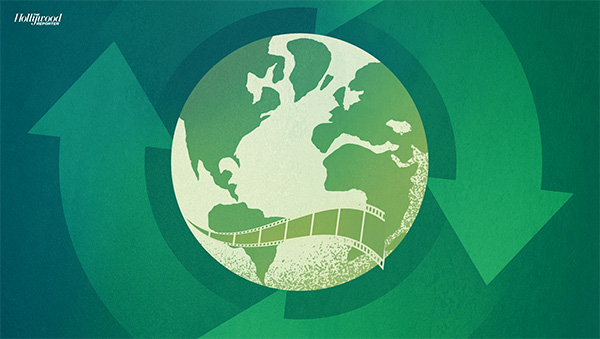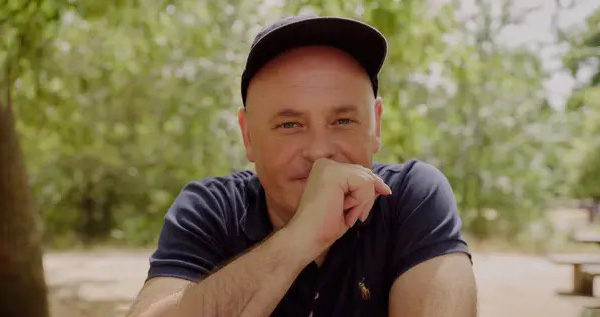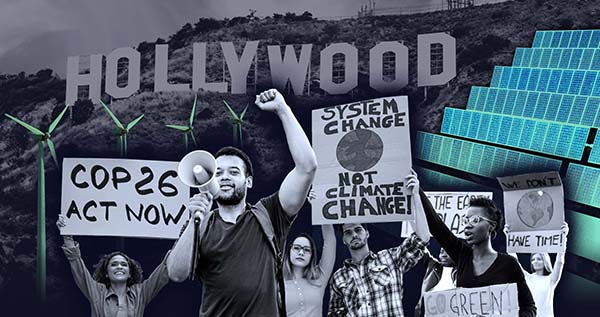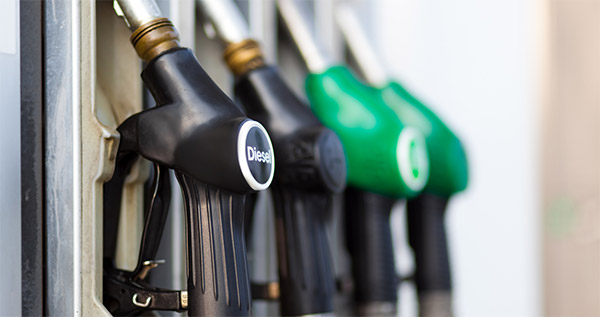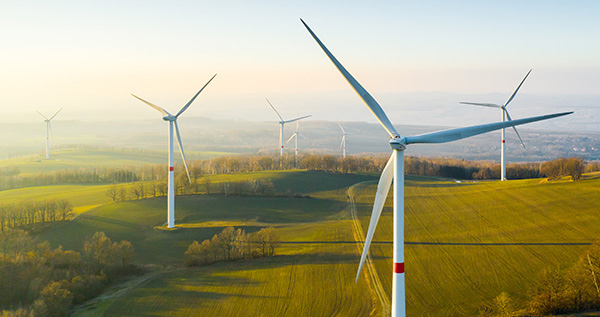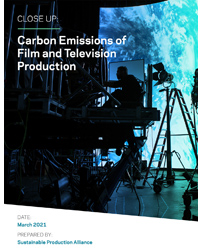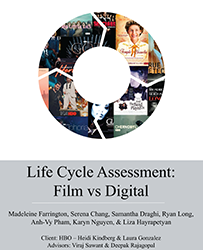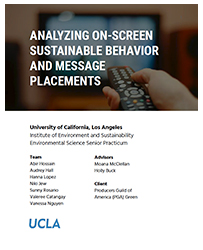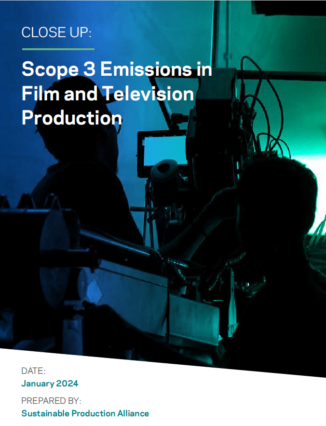In The News
From Disney to Sony, the entertainment industry giants are united in the push for clean energy sources and fighting to prove going green can also be cost-effective.
From Disney to Sony, the entertainment industry giants are united in the push for clean energy sources and fighting to prove going green can also be cost-effective.
Can a Start-Up Help the Film and TV Industry Reduce Their Carbon Footprint?
The global entertainment industry generates millions of metric tons of carbon dioxide a year. A Spanish director has set up a company to try to cut that number substantially.
Hollywood Studios Release Carbon-Emissions Report, Showing Wide Variance Among Productions (EXCLUSIVE)
Variety (April. 2021) The Sustainable Production Alliance, a consortium of film, TV and streaming companies dedicated reducing the entertainment industry’s overall environmental impact, released its inaugural carbon footprint report.
The report, “Close Up: Carbon Emissions of Film and Television Production,” makes public for the first time industry wide production carbon footprint averages for the SPA member companies for the projects between 2016 and 2019.

The Sustainable Production Alliance wants climate action at COP26
The Sustainable Production Alliance (SPA) encourages collective action by governments to deliver 1.5C aligned climate action plans at COP26.
PRODUCERS GUILD CALLS FOR HOLLYWOOD’S TRANSITION TO CLEAN ENERGY, 50 PERCENT REDUCED EMISSIONS BY 2030
The Guild’s PGA Green division released a call to action letter in advance of COP26, with the goal of reducing the entertainment industry’s carbon emissions.
Industry Outreach
Electric Vehicle Solutions for Film and TV Productions
SPA strongly supports the use of EVs as well as efforts by industry stakeholders to install infrastructure to support fleet electrification.
Renewable Diesel (R100)
SPA will encourage the use of renewable diesel on our productions in any jurisdiction that offers it if it is affordable, accessible and meets low carbon fuel standards.
Expand Green Hydrogen
SPA encourages the expansion of commercially available green hydrogen sources throughout key production markets if it is affordable, accessible, meets low carbon fuel standards, and able to efficiently power both our electricity and transportation needs.
Cleantech solutions wanted for film and TV
SPA is calling on manufacturers, suppliers, and vendors to accelerate the research, development, manufacturing, and deployment of zero emission equipment and fleets.
Alliance for Renewable Clean Hydrogen Energy Systems
SPA is actively seeking new pathways to decarbonize the fuel used to power our equipment and heat our buildings. We support the deployment of funding for green hydrogen projects.
Reporting software on equipment
SPA encourages equipment suppliers to upgrade existing equipment to include this reporting technology and require it of all new equipment.
Reports
Carbon Emissions of Film and Television Production
The Sustainable Production Alliance issued the first industry-wide report of film and television carbon emissions averages for productions between 2016 and 2019.
Lights! Cameras! Clean Energy!
Informed by leading industry research, Rocky Mountain Institute and the Green Production Guide collaborated on a new report to help television and film production companies integrate clean energy themes and ideas into on-screen content.
Lifecycle Emissions of Film vs. Digital
A comparative life-cycle assessment (LCA) of 35mm film versus digital semiconductor recording technologies to equip filmmakers with the environmental context necessary for making an informed choice.
UCLA On-Screen Behavior Study
This UCLA Study addresses the frequency and relevancy of sustainable behaviors on screen.
Environmental Impacts of Physical Production
SPA’s goal is to provide industry insights into high impact areas and encourage stakeholders to take action to accelerate systemic, operational change.
Scope 3 Emissions in Film & Television Production
This whitepaper provides guidance on the minimum boundary for a Scope 3
carbon emission inventory generated by a TV show and/or feature film content.
Case Studies
Raised By Wolves
Check out how Season 2 of the HBO Max show Raised By Wolves raised the bar for sustainability on set.
Call of the Wild
Go behind the scenes of Call of the Wild and see how the crew went green on set.
X-Files
The X-Files continued to break new ground in sustainable TV production during season 11.
Legion
Learn about the green practices throughout the filming of FX’s Legion.
Stories from Set
Raised By Wolves
HBO Max’s Raised By Wolves takes you behind the scenes of their cast and crew’s sustainability on set.
The Magicians
SYFY’s The Magicians takes you inside their world as the cast and crew highlight their green production practices on set.
Divorce
HBO’s Divorce shows how green practices such as reusable water bottles, composting, and utilizing an Eco PA can make a big impact.
Madam Secretary
CBS’s Madam Secretary shows us how normalizing sustainable production and encouraging peer support inspired their eco-mission on season two.
The X-Files
Fox’s The X-Files continues their award-winning sustainability program through community stewardship, data tracking, and using innovative green technology on-screen.
Sesame Street
HBO Max’s Sesame Street teaches you that learning how to recycle is as easy as A,B,C! Come inside to find out how they go green throughout production.
The Amazing Spider-Man 2
Sony Pictures Studios’ The Amazing Spider-Man 2 demonstrates how an immersive sustainability program and spidey senses can directly influence how we can reduce our impact in the film industry.
